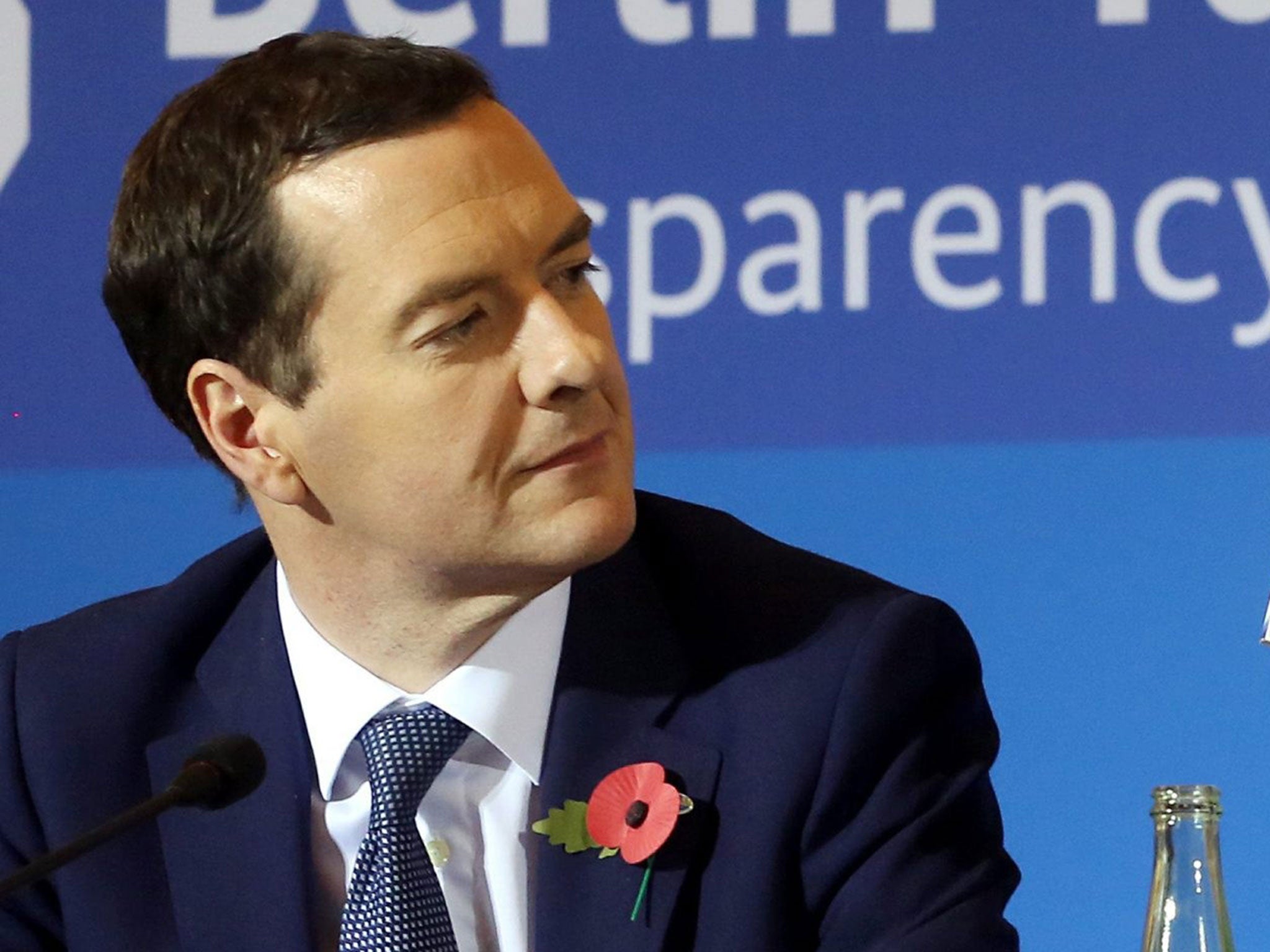Government to delay paying Britain’s EU budget surcharge until after the election
George Osborne is presenting diplomatic proposal to other finance ministers in Brussels

Britain’s EU budget surcharge will not have to be paid back until after the UK general election, under a deal being negotiated by Chancellor in Brussels.
The Daily Telegraph newspaper says it has seen “confidential diplomatic proposals” to move the “foreseen new deadline” of the payment back so that it falls a few months after the 2015 general election.
The new date is likely to be 1 June or September 2015; the election is scheduled to take place on 6 May.
Britain is currently expected to pay the money back in full by the end of this month.
Finance ministers from EU countries are expected to ask the Commission to amend regulation 1150/2000 to prevent an automatic surcharge after the old deadline of 1 December passes.
This change would allow “exceptional flexibility with regards to the time period for payment” and the sum would be paid off in instalments over a “reasonable period of time”, the proposal is reported to say.
Arriving a meeting of European finance ministers today to discuss the proposals, George Osborne said he would get a “better deal” on the £1.7bn payment.
“The demand that Britain pays £1.7bn on 1 December is unacceptable. I wanted that discussed at this meeting of European finance ministers,” he said.
“I wanted it on the agenda, it is on the agenda, and I will make sure I get a better deal for Britain.”
Ahead of the revelation of the the change in timetable, David Cameron insisted that the UK would not pay “anything like” the £1.7bn demanded by the Commission, explicitly questioning the scale of the payment as well as its timing.
“I have given a very clear answer,” he told reporters at a separate meeting of northern European leaders in Helsinki. “We wouldn’t pay €2bn on the 1 December, and we didn’t believe in paying anything like that amount. Those are the two issues that I’ve put on the table. I hope they can be resolved.”
”If they can be, then that’ll be good, if they can’t be then obviously we’ll have a major problem. Let that negotiation continue and see if it reaches a conclusion today or perhaps later.”
He added that he had been “utterly consistent from the very first moment” on the issue.
The payment was triggered by a re-evaluation of member states' economic performance, including black market activity.
While some other countries are also facing last-minute increases in their EU budget contributions, Britain’s increase is by far the largest.
Join our commenting forum
Join thought-provoking conversations, follow other Independent readers and see their replies
Comments
Bookmark popover
Removed from bookmarks